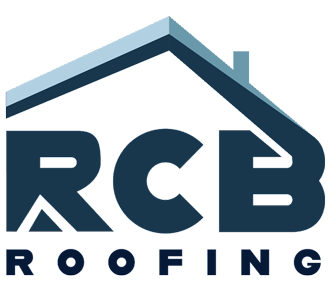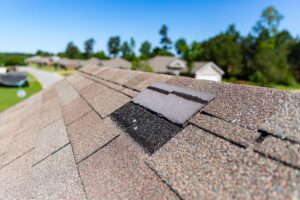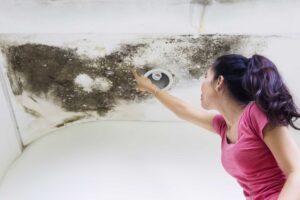Charleston, South Carolina, known for its rich history, vibrant culture, and beautiful coastline, is also prone to weather conditions that can take a toll on its residents’ homes, particularly their roofs. From intense heat and humidity to tropical storms and hurricanes, the Lowcountry experiences a wide range of weather extremes that can cause significant damage to residential roofs. In this article, we’ll explore the most common causes of roof damage in Charleston, helping homeowners understand the factors that may affect their roofs and the importance of regular maintenance and timely repairs.
Intense Sun and Heat
Charleston’s subtropical climate brings long, hot summers with ample sunshine. While the beautiful weather is a perk, the constant exposure to intense sunlight and high temperatures can be hard on your roof. Here’s how:
- UV Radiation: Over time, ultraviolet (UV) radiation from the sun can break down roofing materials, causing them to deteriorate, fade, and lose their protective qualities.
- Thermal Expansion and Contraction: The cycle of heating and cooling, known as thermal expansion and contraction, can lead to the expansion and contraction of roofing materials. This constant movement can cause shingles to crack, warp, or lose their adhesion.
- Accelerated Aging: Heat can accelerate the aging process of roofing materials, making them more susceptible to damage from other elements like rain and wind.
To combat the effects of the sun, homeowners should opt for roofing materials designed to withstand UV exposure and consider regular inspections and maintenance to address any sun-related damage promptly.
Heavy Rainfall and Storms
Charleston is no stranger to heavy rainfall and occasional tropical storms or hurricanes, especially during the hurricane season. While this much-needed rain is essential for the area’s lush landscapes, it can also pose risks to your roof:
- Water Infiltration: Leaks and water infiltration are common consequences of heavy rain and storms. Over time, even small leaks can lead to significant structural damage and mold growth.
- Wind Damage: Strong winds associated with storms can lift shingles, tear off roofing materials, and even damage the underlying structure. Loose debris during storms can also cause significant harm.
- Clogged Gutters: Heavy rain can overwhelm clogged gutters, leading to water overflow and potentially damaging your roof, fascia, and siding.
To protect your roof from heavy rainfall and storms, regular inspections and maintenance are crucial. Ensure your gutters are clean and in good working order, and consider investing in high-quality roofing materials designed to withstand severe weather.
Humidity and Mold Growth
Charleston’s humid climate, while inviting for its residents, can create a breeding ground for mold and algae growth on roofs. The constant moisture in the air can lead to:
- Algae and Mold: Unsightly black streaks or green patches on your roof are often signs of algae or mold infestation. While not always harmful to the roof’s structural integrity, they can be unsightly and may cause premature deterioration.
- Wood Rot: Humidity can lead to wood rot in the underlying structure of your roof, weakening its integrity.
- Poor Ventilation: Inadequate roof ventilation in humid climates can exacerbate mold and moisture problems.
Regular roof cleaning and maintenance, including removing algae and mold, can help prevent these issues. Additionally, ensuring proper roof ventilation can reduce humidity levels under your roof deck.
Tree Damage
The charm of Charleston’s tree-lined streets and historic neighborhoods also comes with the risk of tree-related roof damage. Here’s how trees can harm your roof:
- Falling Branches: During storms or strong winds, branches or even entire trees can fall onto your roof, causing substantial damage.
- Debris Accumulation: Leaves, pine needles, and other debris can accumulate on your roof and in your gutters, potentially leading to water infiltration and roof deterioration.
To prevent tree-related roof damage, trim overhanging branches and keep your gutters clear of debris. Regular inspections after storms can help identify any damage promptly.
In conclusion, Charleston’s diverse weather conditions present unique challenges for homeowners, making roof maintenance and timely repairs critical. Partnering with a trusted roofing contractor in Charleston like RCB Roofing can help you address these common causes of roof damage and ensure the long-term health of your home’s most vital protective barrier. Regular inspections, maintenance, and proactive measures can help Charleston homeowners enjoy their homes’ beauty and resilience for years to come. Call us today to get started!


